Putin’s embarrassing blow during Russia’s ‘partial mobilisation’
Russia has been forced to admit it has made a disgusting mistake in its troop call-up for Ukraine as citizens protest and flee the country.
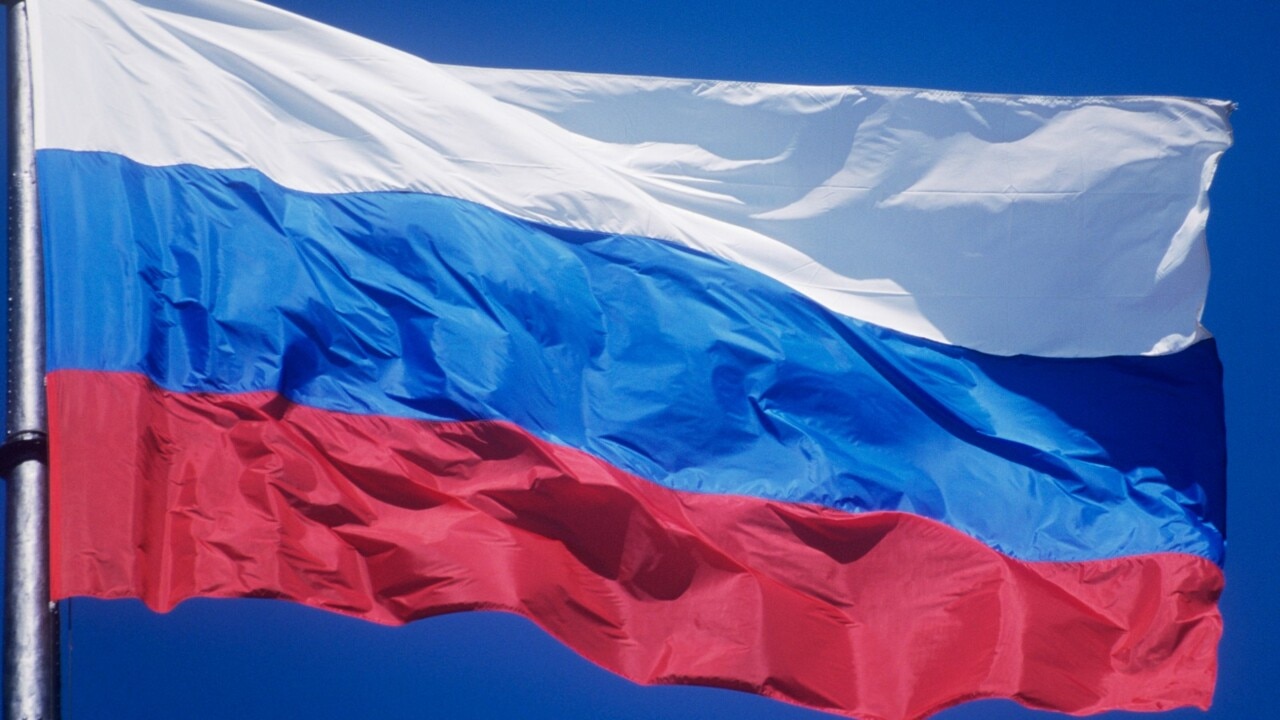
Russia has mistakenly ordered students, the elderly and sick people to report for duty in a chaotic start to its troop call-up for Ukraine.
When Russian President Vladimir Putin announced a partial mobilisation on Wednesday, he said only people with “relevant” skills or military experience would be concerned.
But many expressed outrage after seeing – sometimes absurd – cases of authorities summoning people unfit for service.
Russian authorities on Sunday promised to fix the mistakes.
Authorities in the southwestern Russian region of Volgograd sent a 63-year-old diabetic ex-military staffer to training camp, despite poor health and cerebral issues.
The 63-year-old came back home Friday night, according to Russian state agency RIA Novosti.
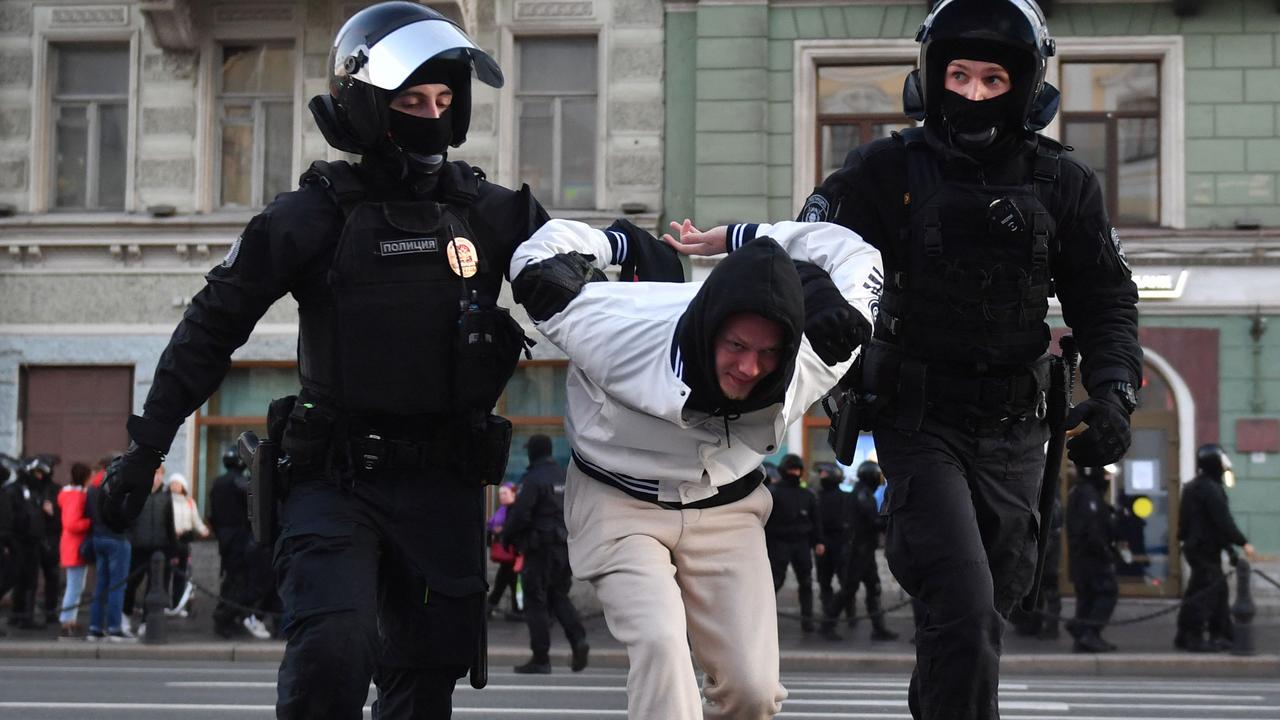
In the same region, 58-year-old school director Alexander Faltin received a call-up order despite having no military experience. He was allowed home after his documents were reviewed, according to RIA.
A rare admission from Russia
Upper house speaker Valentina Matviyenko called on all governors – who oversee the mobilisation campaigns – to avoid mistakes, in a rare admission on Sunday.
“Incorrect cases of mobilisation … are provoking fierce reactions in society, and rightly so,” Matviyenko said in a statement on Telegram.
“Some are assuming that handing in their report (to their superiors) quickly is more important than correctly fulfilling this important mission,” she added.
“This is unacceptable … Make sure that partial mobilisation is carried out in full and complete compliance with the criteria. And without a single mistake!” she ordered.
Stream more world news live & on demand with Flash. 25+ news channels in 1 place. New to Flash? Try 1 month free. Offer ends 31 October, 2022 >
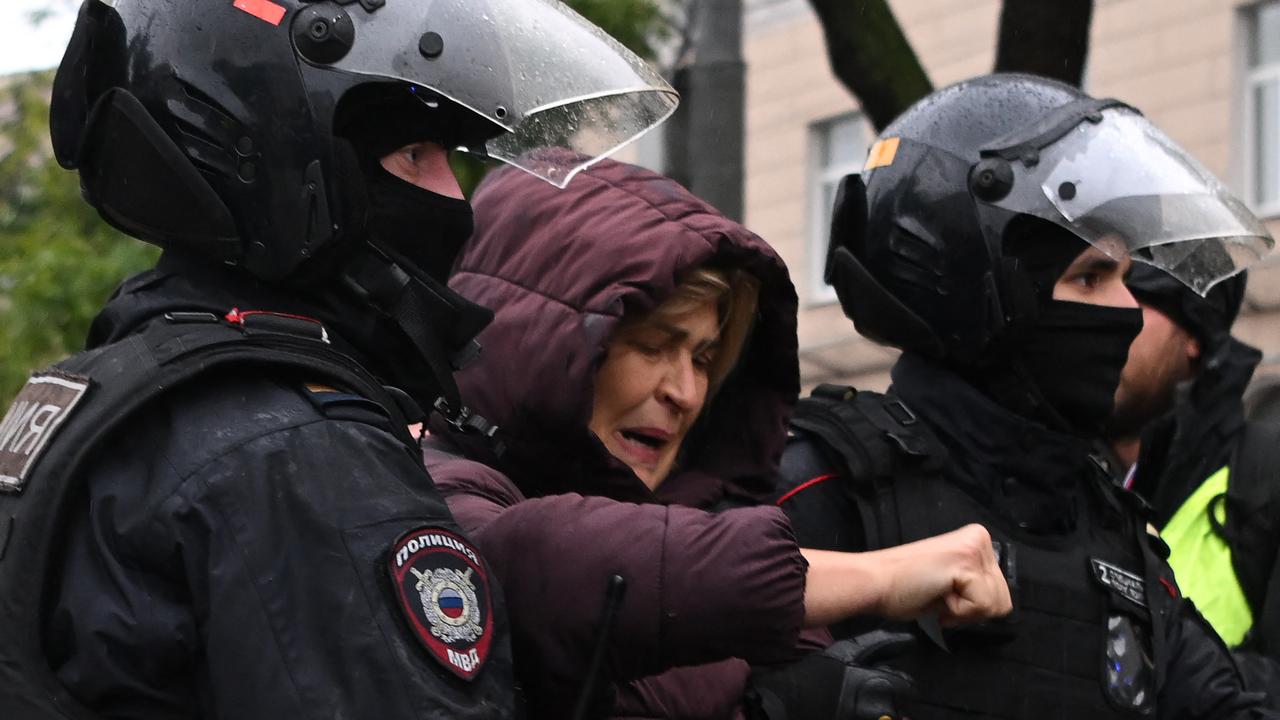
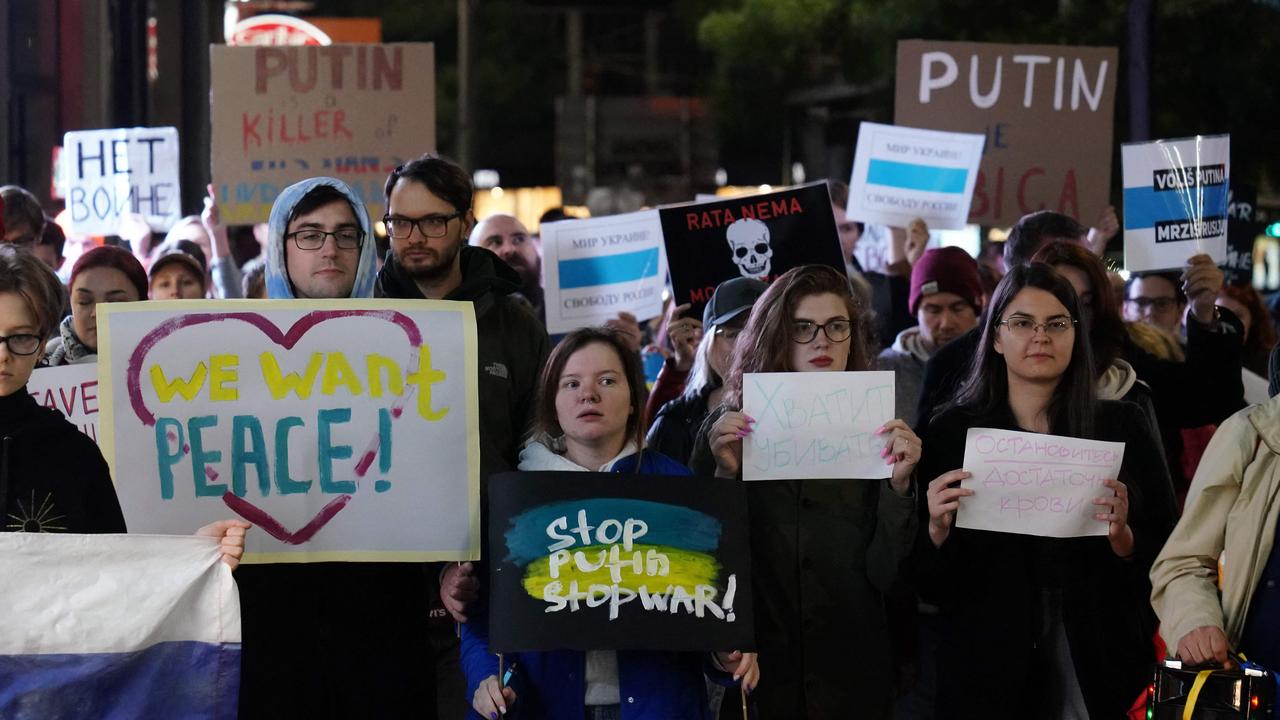
The governor of the northwestern Leningrad region, Alexander Drozdenko told local districts heads to “take the residents’ appeals under your personal control and deal with each single case,” according to a statement on his administration’s website Sunday.
The Vladimir region governor Vladimir Avdeev already said Saturday that “anyone mobilised by mistake will return home.”
The errors are painted as isolated cases, but the very fact that Russian authorities are talking about them point to concerns about the level of indignation coming from some of the population.
Mistakes are ‘undermining confidence’
This new example is Russia’s latest logistic issue revealed since the beginning of the Ukraine offensive in February.
Russia announced on Saturday the replacement of its highest ranking general in charge of logistics amid this mobilisation drive.
On Saturday Valeriy Fadeev, chairman of the human rights council to the Kremlin, had urged defence minister Sergei Shoigu to “urgently resolve issues” to avoid “undermining the confidence of the people.”
He mentioned several aberrations including the recruitments of 70 fathers of large families in the far eastern region of Buryatia, and of nurses and midwives without any military skills.
Fadeev said these recruits were called up “under threat of criminal prosecution.”
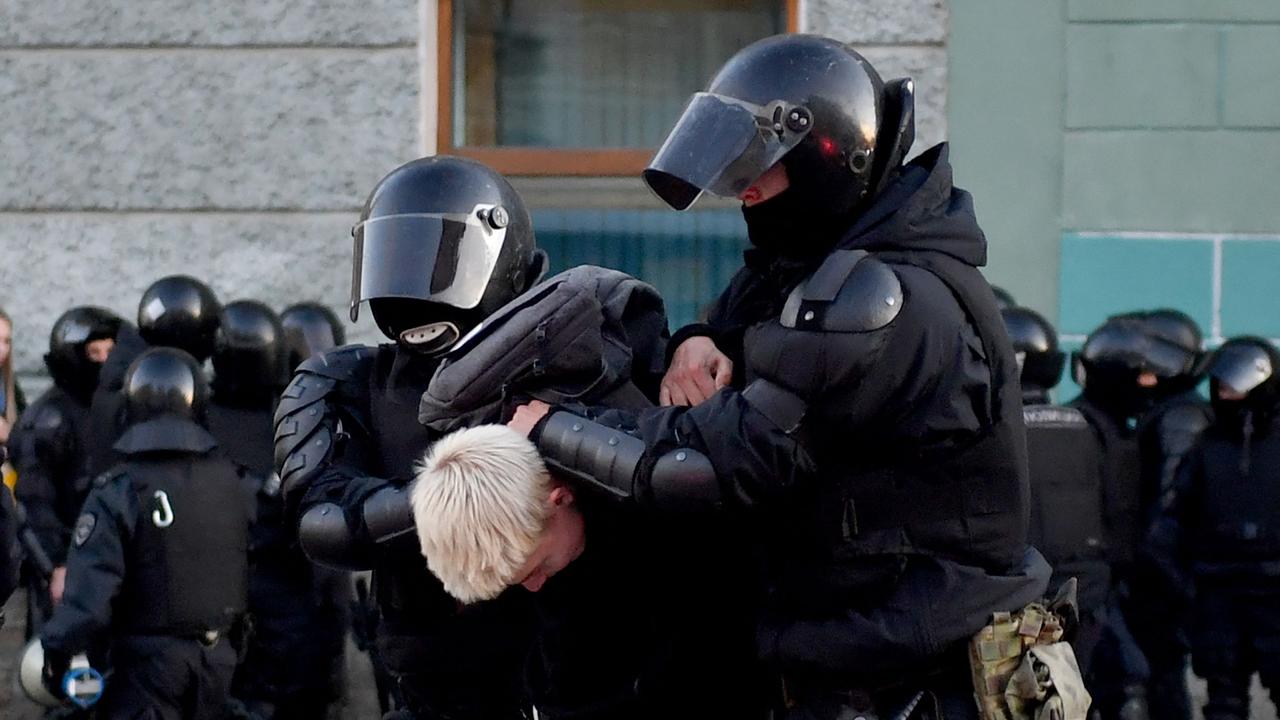
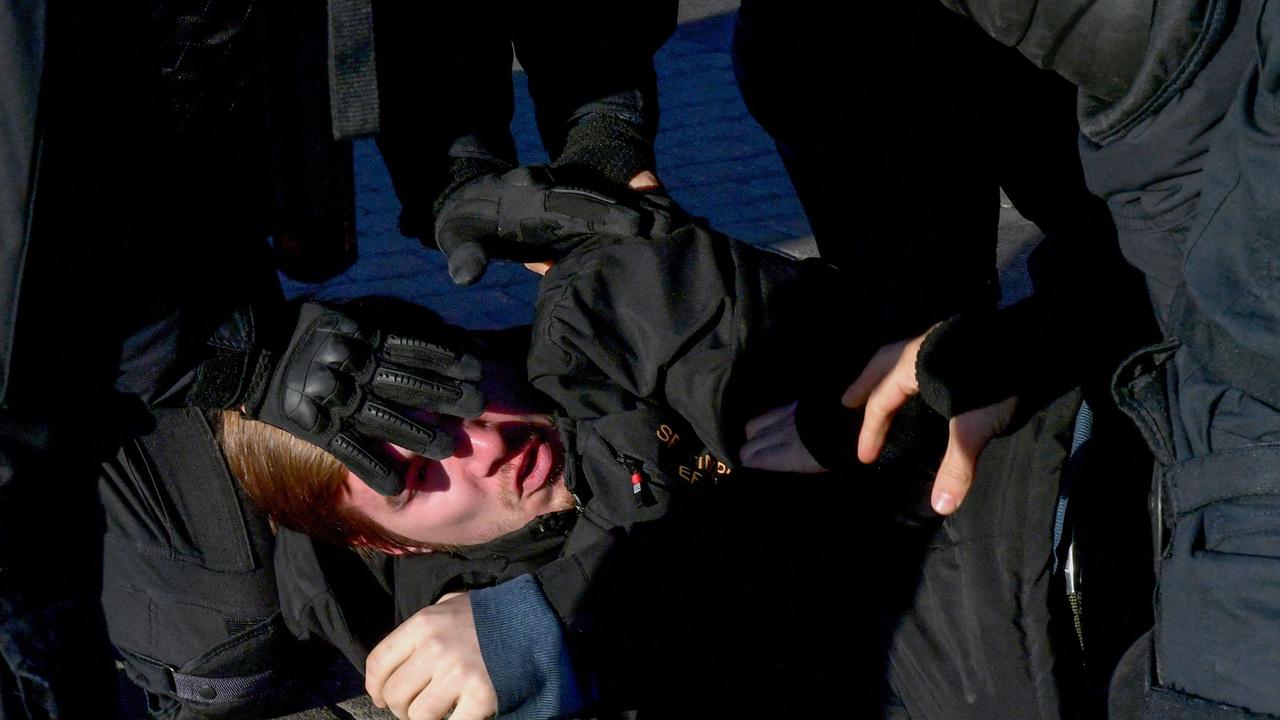
Fadeev also criticised those “handing out summons at 2am as if they all thought we were draft evaders.”
Several students told AFP they were given call-up papers, despite Russian authorities promising they would be left out of the recruitment drive.
On Saturday, Putin signed a decree confirming students in secondary vocational and higher education institutions would be exempted from mobilisation.
Detained anti-mobilisation protesters said police gave them call-up papers in custody – ordering them to enlist in the very effort they were denouncing.
But the Kremlin defended the procedure on Thursday, saying “it isn’t against the law”.
Resistance in Russia
The announcement of partial military mobilisation sparked anti-war protests across the country.
More than 2000 people have been detained in Russia, including at least at least 872 on the weekend, according to independent monitoring and human rights group OVD-Info.
Military-age men have also fled the country in their thousands.
Huge traffic queues have been seen at some border posts and airfares to leave Russia skyrocketed.
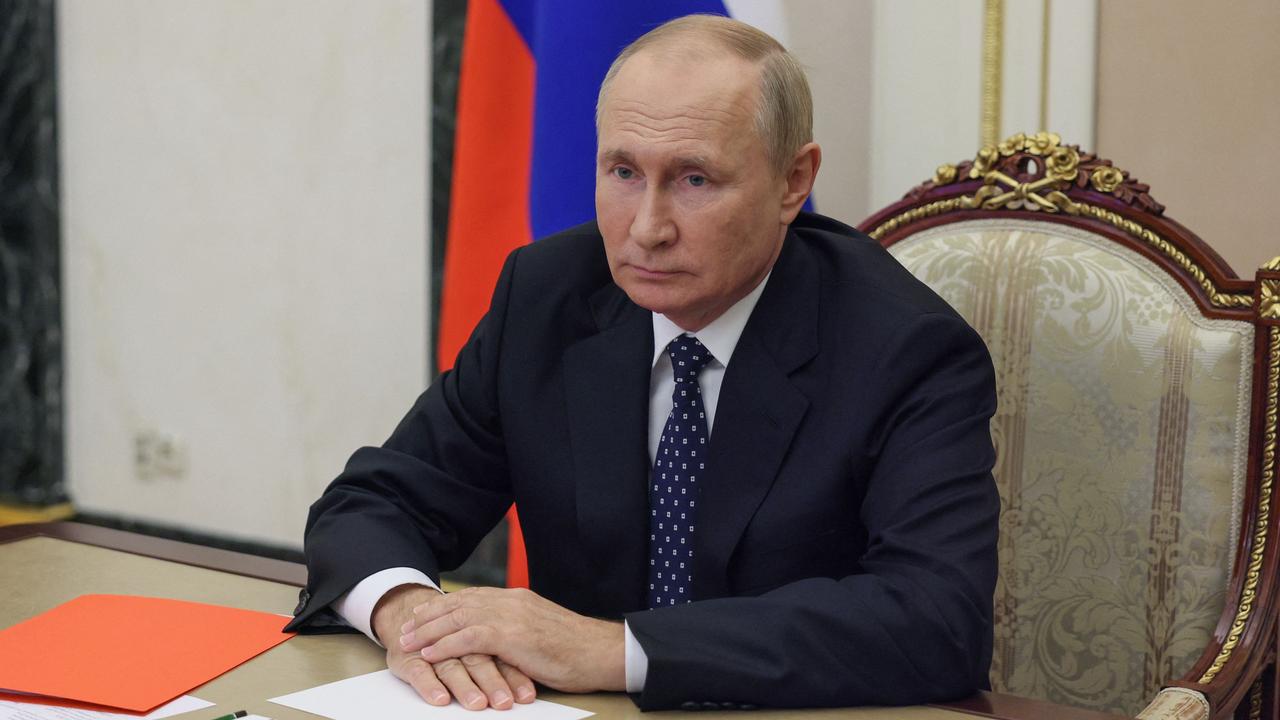
A Russian municipal deputy from St Petersburg who has left Russia told CNN on Saturday the mobilisation was a “very unpopular decision”.
“I didn’t expect Putin will do this,” Ksenia Thorstrom said.
He added that “when the first shock goes away, the resistance will grow”.
On Saturday, Putin signed amendments to the Criminal Code, introducing punishments of up to 10 years imprisonment for Russians who abandon or fail to report for military duty.
In a Twitter video mocking Russia on Sunday, the Ukrainian defence ministry compiled videos of Russians being beaten and arrested while protesting.
“Now they’ve began ‘partial mobilization’ … how’s that going?” text on the video read.
Ukrainian President Volodymyr Zelensky has called the partial mobilisation a “mobilisation to graves”.





